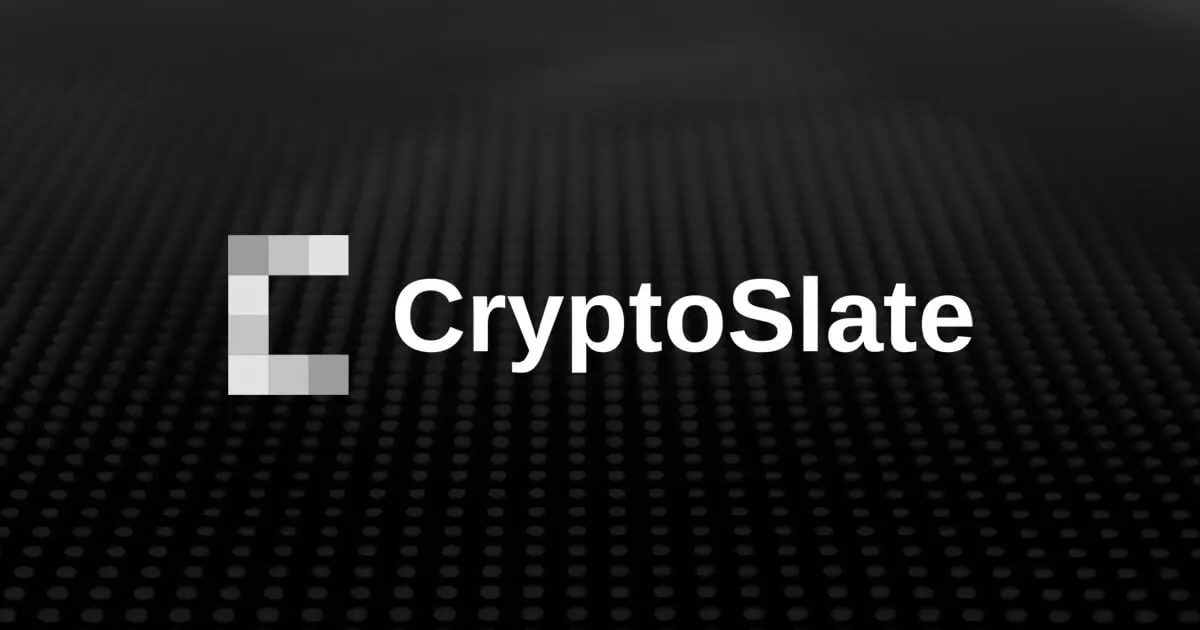In recent weeks, the ongoing feud between Binance’s founder, Changpeng Zhao (CZ), and major media outlets has taken a new, more aggressive turn. CZ’s threats to sue Bloomberg over an article alleging links between Binance and the USD1 stablecoin reflect a broader pattern of tension and defensiveness within the cryptocurrency industry. This episode exemplifies the fragile relationship between crypto giants and the mainstream media, revealing underlying power struggles, questionable journalistic integrity, and the stakes of reputation management in a rapidly evolving financial sector. It is a saga driven not only by financial interests but also by ideological disagreements about transparency, regulation, and the future of digital assets.
This confrontation is more than a personal dispute; it uncovers a crucial debate about the media’s role in shaping public perception. Bloomberg’s report, which claims that Binance played a significant role in developing USD1, one of many purported stablecoins, alleges that the project is intertwined with controversial figures including the Trump-linked firm World Liberty Financial. Such reports, whether accurate or exaggerated, have the power to influence regulatory scrutiny and investor trust—both essential to Binance’s global ambitions. CZ’s accusations of a “hit piece” sponsored by competitors signal a strategic effort to discredit the report and protect Binance’s reputation, but it also highlights the blurred lines between legitimate journalism and industry propaganda.
What is especially alarming is CZ’s explicit threat to escalate legal action, alleging “factual errors” and potential defamation. This raises questions about the role of litigation as a tool for silencing criticism rather than fostering accountability. Historically, CZ has used legal threats to counter unfavorable narratives—most notably suing outlets like Modern Media and briefly engaging with Forbes. While these lawsuits have often resulted in retractions and apologies, they also serve to reinforce CZ’s narrative that negative coverage is part of a targeted attack on Binance’s legitimacy.
The Power Dynamics and Ethical Concerns in Crypto Journalism
The broader concern is the extent to which such media attacks influence the burgeoning crypto industry’s development. With Binance being one of the largest exchanges globally, the stakes are enormous. Allegations of connections to controversial figures and money laundering, whether substantiated or not, threaten to undermine investor confidence and challenge the industry’s legitimacy. The media’s role here is complex; it is tasked with scrutinizing such powerful corporations but must also guard against sensationalism, bias, or misinformation.
CZ’s history of legal confrontations indicates that Binance is highly sensitive to negative portrayals. His previous lawsuits against Bloomberg’s affiliates, resulting in retractions and apologies, suggest a pattern of aggressive self-defense. While a vigorous defense is justified in protecting business interests, it also raises ethical concerns. Should influential figures in emerging markets wield legal threats to suppress investigative journalism, or does this threaten the very principles of transparency? A balanced approach is essential, but in practice, the political and economic stakes often tilt this balance toward silence and self-preservation.
Moreover, the accusations surrounding USD1—specifically its alleged ties to controversial figures—if proven true, could have profound implications for regulatory oversight. However, many in the free market approach such claims with skepticism, recognizing that misinformation can be weaponized to delay innovations or favor entrenched financial interests.
The Future of Media Accountability and Industry Transparency
Ultimately, this saga exposes the risk of a “culture of fear” within the crypto community, where influential players threaten legal action to intimidate critics. While protecting reputation is legitimate, use of the courts as a censorship tool can undermine the public’s right to information. A truly healthy industry must strive for transparency over suppression, encouraging rigorous oversight rather than evasiveness.
CZ’s stance can be seen as a defensive maneuver rooted in the belief that an industry built on decentralization and transparency cannot afford to be perceived as susceptible to manipulation or control by elite interests. The truth—whether about USD1, Binance’s legal ties, or other emerging concerns—should ultimately be uncovered through fair, independent journalism. When industry leaders respond with defamation threats, it risks turning the crypto space into a battleground where facts are overshadowed by legal intimidation, eroding the trust necessary for sustainable growth.
In a landscape where reputation can be weaponized, it’s imperative that both regulators, journalists, and industry stakeholders work collectively to uphold standards of integrity. Only then can the crypto industry truly transition from a risky frontier into a legitimate component of modern finance. It’s time to question whether the relentless legal pushbacks serve the industry’s best interest or simply prolong its cycle of uncertainty. If Binance or any other giant continues down this path, they risk transforming legitimate concerns into damaging censorship, ultimately hindering the very innovation that brought them to prominence.

